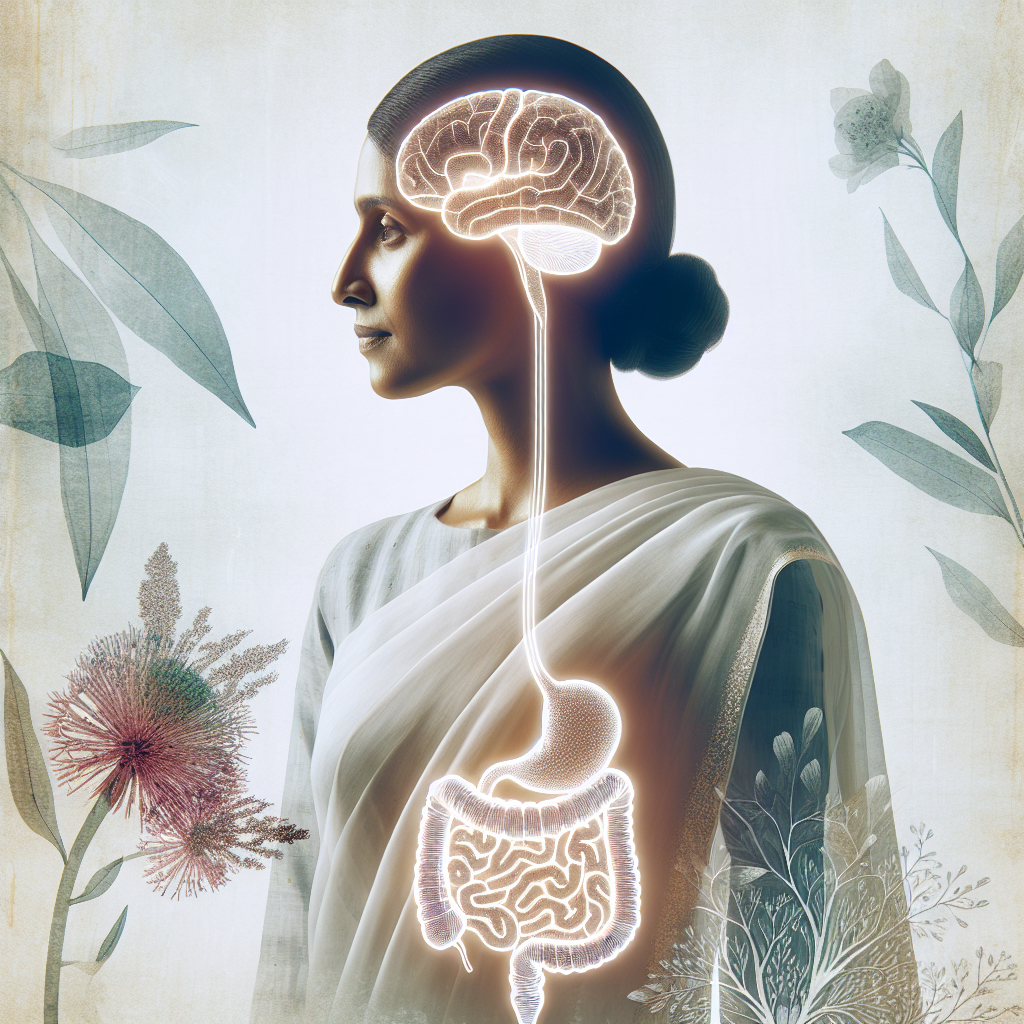### Understanding the Gut-Brain Connection: A New Trend in Mental Health
It’s not an exaggeration to say that our gut is our second brain. A growing body of evidence supports the powerful influence our gut health has on our mental wellbeing. This emerging field of study, often referred to as the gut-brain axis, is suggesting a paradigm shift in how we understand and address mental health issues, including depression, anxiety, and neurodegenerative diseases, like Parkinson’s and Alzheimer’s.
The human body hosts an enormous community of microorganisms referred to as the microbiome, the majority of which reside in our gastrointestinal tracts. These microorganisms – a mix of bacteria, viruses, fungi, and other microbes – play a vital role in our health by aiding in digestion, boosting the immune system, and even modulating brain health.
## The Gut-Brain Connection
The gut and the brain are connected through a bidirectional communication system known as the gut-brain axis. This comprises the central nervous system, the gastrointestinal nervous system, and the millions of nerves and neurons spanning between them.
This intimate connection allows for constant communication between the gut and the brain. For instance, the gut informs the brain about what nutrients are available for use, and in turn, the brain communicates with the gut about when to initiate digestion.
Research has shown that gut bacteria can even communicate with the brain by producing neurotransmitters such as serotonin, dopamine, and gamma-aminobutyric acid (GABA), crucial chemicals involved in regulating mood, anxiety, and cognition. In fact, a significant proportion of these neurotransmitters are produced in the gut, demonstrating a direct influence of gut health on our mental state.
## Gut Health and Mental Health
Disturbances in the gut microbiome, often due to poor diet, low exercise, stress or antibiotic use, can disrupt the balance of these microorganisms. This gut dysbiosis has been linked to an increased risk of mental health disorders. Several studies have discovered higher levels of certain types of bacteria and decreased diversity in the gut microbiomes of patients suffering from depression and anxiety.
The link is further evidenced in studies demonstrating how probiotics – beneficial bacteria – can positively affect mood and cognitive function. These studies suggest that improving gut health through diet and lifestyle changes could potentially serve as a novel, natural treatment strategy for mental health disorders.
## Takeaway
The relationship between the gut and brain opens new doors for understanding and treating mental health disorders. As we learn more about this connection, we may find that taking good care of our gut microbiota not only benefits our physical health but also lends a hand in maintaining our mental wellbeing.
However, the gut-brain connection is a highly complex system, and much more research needs to be done to fully understand the underlying mechanisms. While maintaining a healthy diet rich in fiber, fruits, vegetables, and fermented foods can support gut health, it’s crucial to remember that mental health issues are intricate and multifactorial. They usually require a comprehensive approach, including psychological therapies, lifestyle modifications, and sometimes medication, alongside any microbiome-based interventions.
Explore this fascinating field of gut-brain connection with us, as we delve deeper into its potential implications for mental health. The new understanding of our “second brain” is bound to change the way we approach health and well-being.
### References
1.
Mayer, E. A., Knight, R., Mazmanian, S. K., Cryan, J. F., & Tillisch, K. (2014). Gut microbes and the brain: paradigm shift in neuroscience. The Journal of Neuroscience, 34(46), 15490-15496.
2.
Sampson, T. R., & Mazmanian, S. K. (2015). Control of brain development, function, and behavior by the microbiome. Cell host & microbe, 17(5), 565-576.
3.
Foster, J. A., Rinaman, L., & Cryan, J. F. (2017). Stress & the gut-brain axis: regulation by the microbiome. Neurobiology of Stress, 7, 124-136.
4.
Borre, Y. E., O’Keeffe, G. W., Clarke, G., Stanton, C., Dinan, T. G., & Cryan, J. F. (2014). Microbiota and neurodevelopmental windows: implications for brain disorders. Trends in molecular medicine, 20(9), 509-518.


